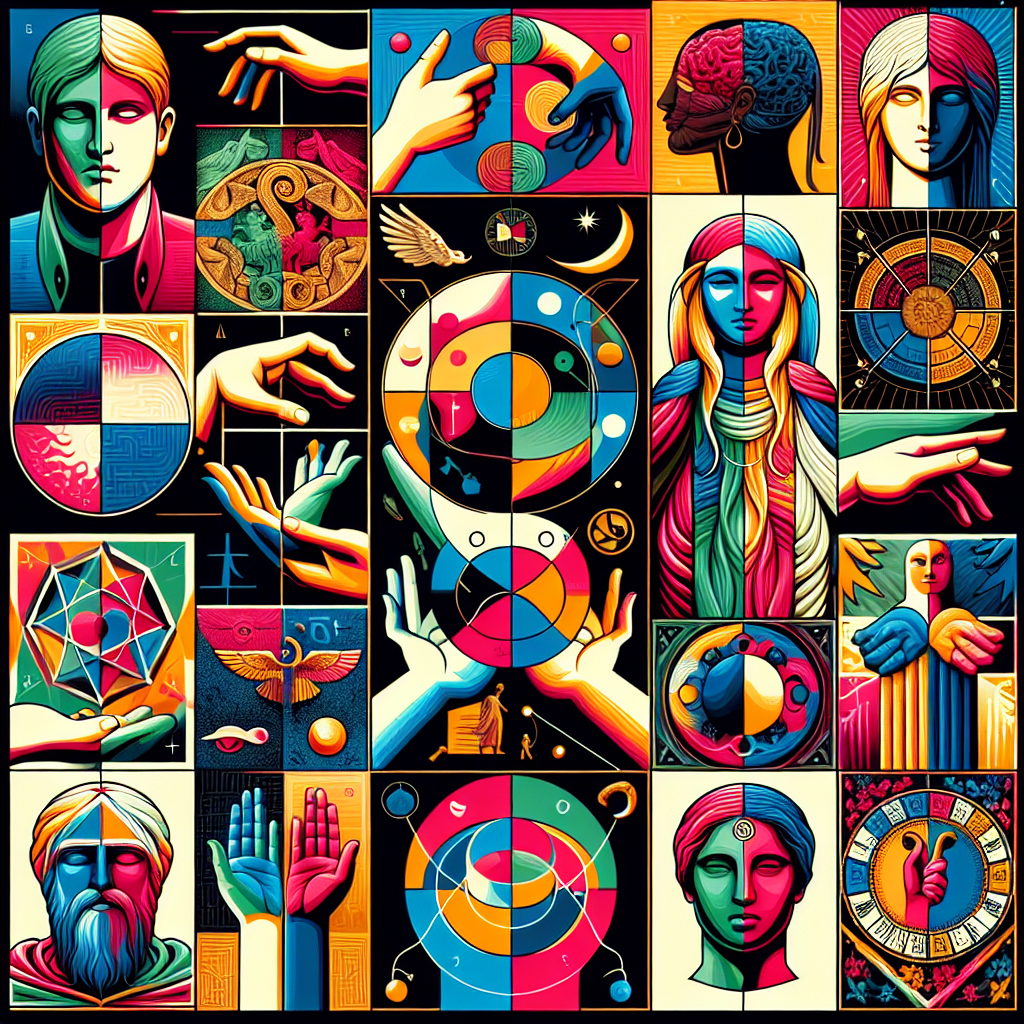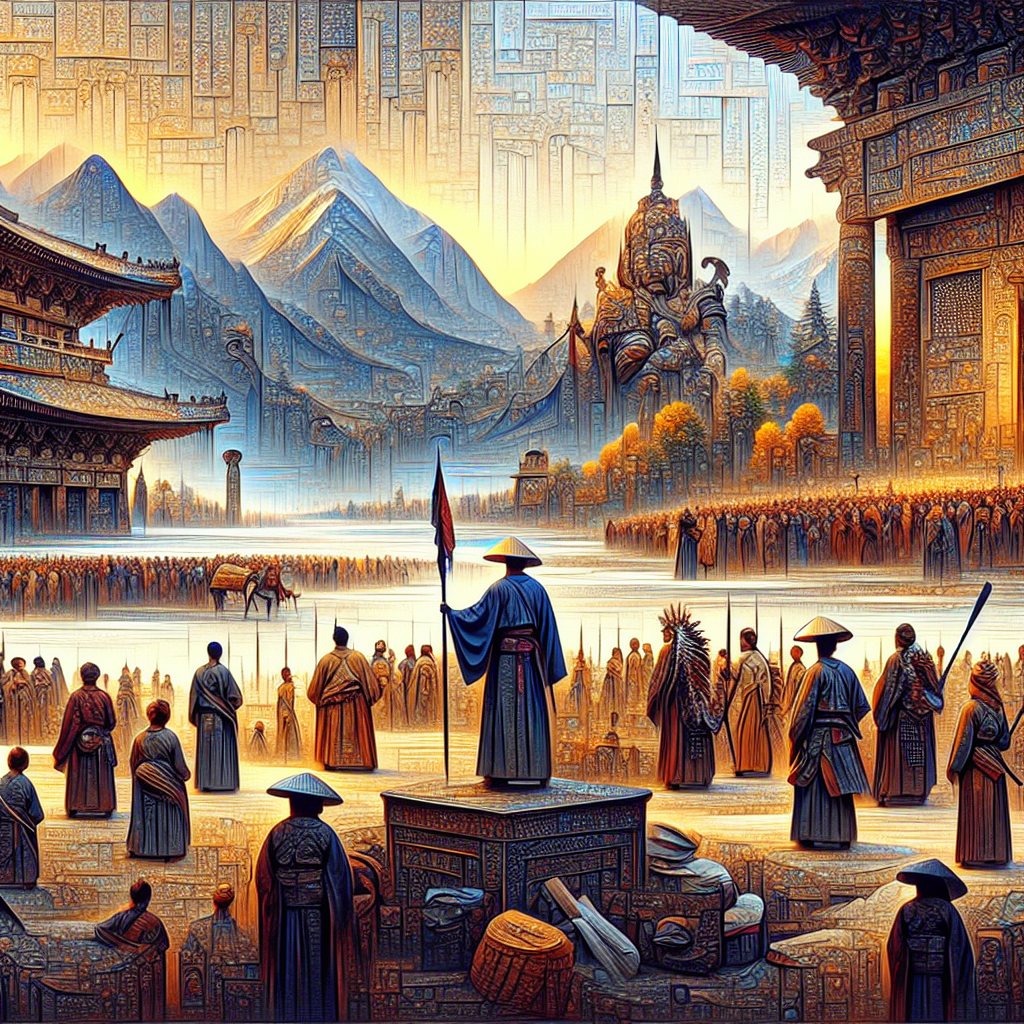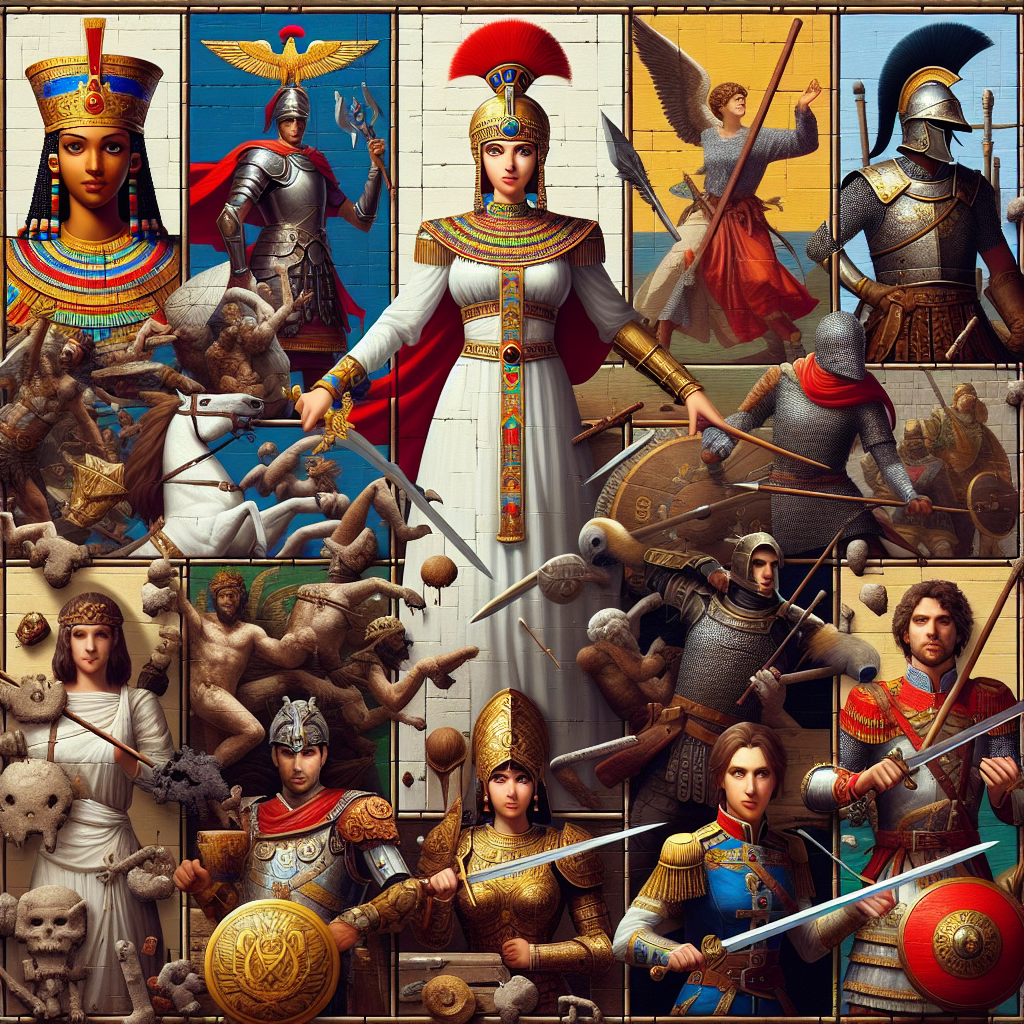In today’s world, many people are revisiting the past and discovering that some historical myths are making a comeback. These myths often reflect societal values, fears, and aspirations, reshaping our understanding of history. This article will delve into some of the most intriguing historical myths that are resurfacing in modern discourse.
The Myth of the Noble Savage
One historical myth making a comeback is the idea of the ‘noble savage.’ This concept suggests that indigenous peoples are inherently more virtuous and closer to nature than modern society. While this myth romanticizes indigenous cultures, it also simplifies their complexities and challenges. In recent years, movements advocating for environmentalism and indigenous rights have resurrected this myth, often overlooking the rich histories and diverse experiences of these communities.

The Lost Civilization Phenomenon
Another myth gaining traction is that of lost civilizations, such as Atlantis or Mu. These stories often captivate the imagination and are frequently discussed in popular media. The allure of advanced societies that mysteriously vanished continues to fascinate people, leading to numerous theories and speculative documentaries. While these myths can inspire creativity, they can also distract from real historical research, as the search for lost civilizations often overshadows the achievements of known cultures.
The Glorification of Ancient Warfare
The glorification of ancient warfare is also a historical myth making a comeback. Movies, video games, and literature frequently romanticize battles and warriors from the past, portraying them as heroic figures. This resurgence often overlooks the brutal realities of war and the impact it had on societies. As violence in modern times continues to be a pressing issue, these myths may offer a distorted view of conflict, suggesting that glory and honor are the primary outcomes of war.

In conclusion, historical myths making a comeback serve various purposes in society. They can inspire, entertain, and educate, but they also carry the risk of oversimplifying complex histories. As we engage with these myths, it is essential to approach them critically and consider the broader narratives they represent. By doing so, we can appreciate the rich tapestry of our past while remaining aware of the potential consequences of these revived tales.
Some content and/or images on this page were created using AI.





